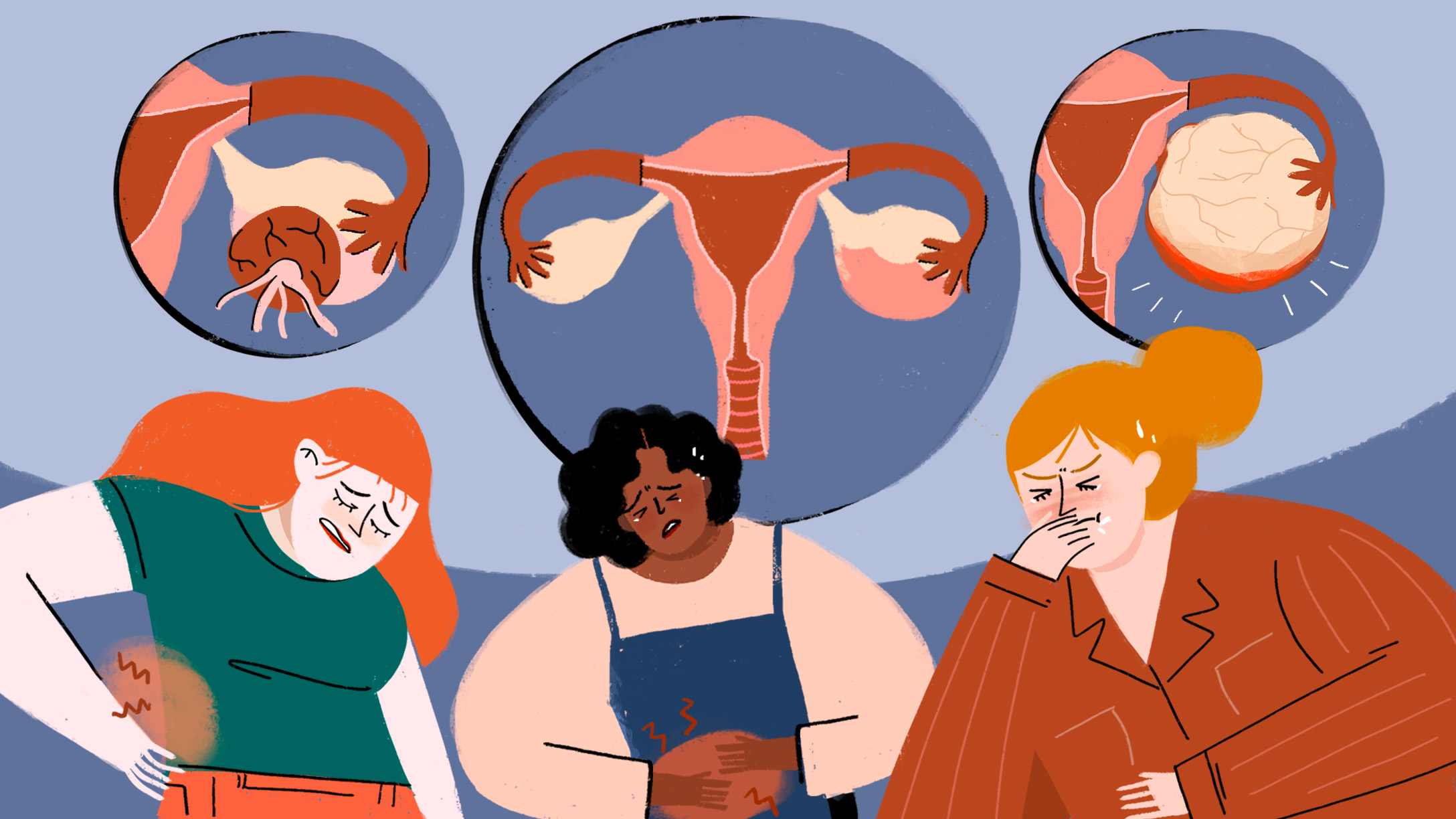
When most women feel pain in their abdomen, they just assume it's menstrual cramps. Some people feel these cramps as a subtle, pressure-like sensation, while others' cramps feel like hot knives stabbing into them.
We can even experience similarly uncomfortable sensations during ovulation.
Women are so used to having pelvic discomfort from time to time that we usually just brush it off and try to ignore it.
Sometimes, though, the pain indicates something much more serious than menstrual cramps.
Our ovaries, which produce eggs and female hormones, can sometimes have cysts on them — these can cause significant pain and discomfort.
It's scary, but we all need to know more about what's causing our pelvic pain. After all, it could be caused by things like diverticulitis, irritable bowel syndrome, and ovarian cysts.
More from LittleThings: Man Returns From Trip With Lesions In Mouth And Fears A Parasite, But Doctors Disagree
Learn more about the signs and symptoms of ovarian cysts below, as well as what to do if you think you're experiencing these cysts.
What Are Ovarian Cysts?
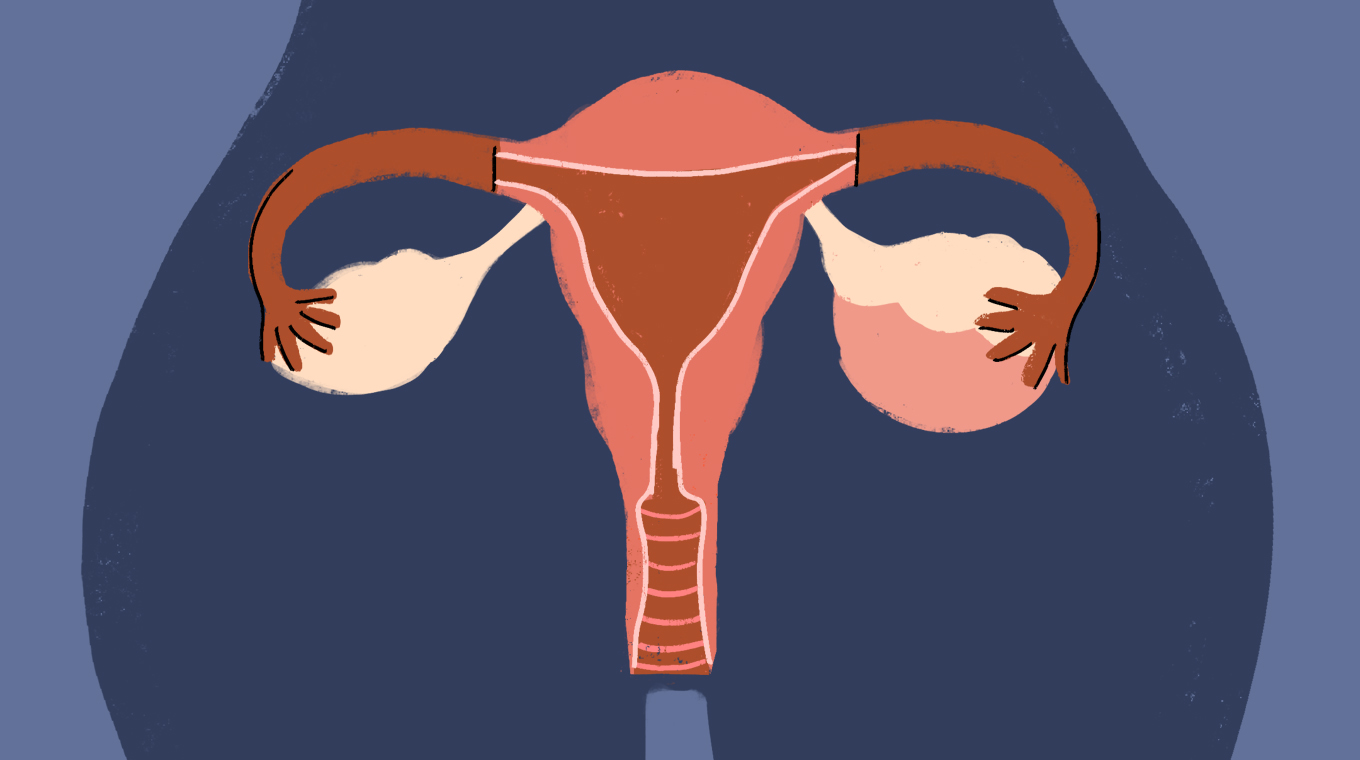
Although many people have heard of ovarian cysts, a lot of us don't really know what they are.
According to the Mayo Clinic, "Ovarian cysts are fluid-filled sacs or pockets in an ovary or on its surface."
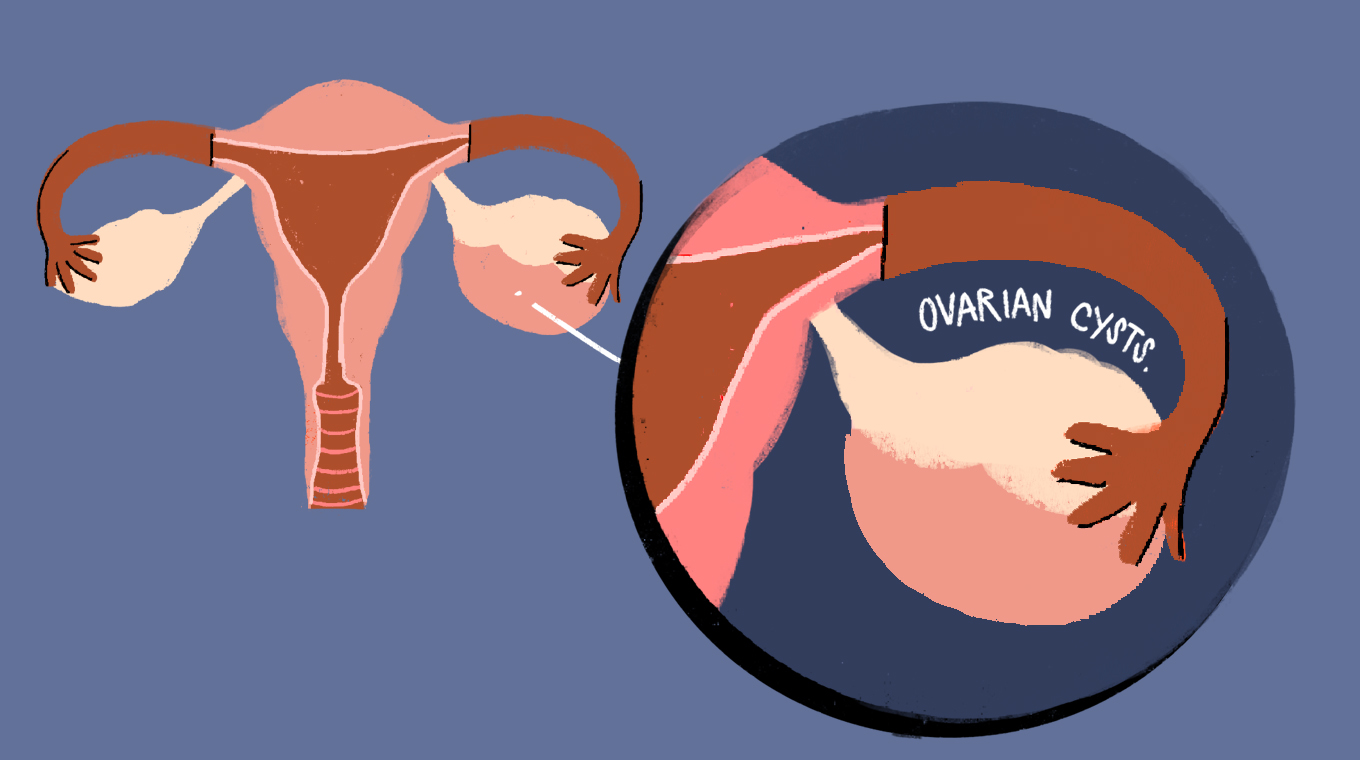
Fortunately, most ovarian cysts are not dangerous.
Mayo Clinic notes, "Most ovarian cysts present little or no discomfort and are harmless. The majority disappears without treatment within a few months."
However, there are a few situations were they can become harmful. Keep reading to learn more.
Who Gets Ovarian Cysts?

Women can get ovarian cysts at any age, but they are most common in women of child-bearing years.
That's because cysts tend to be triggered by the menstrual cycle and the fluctuations it causes in your body.
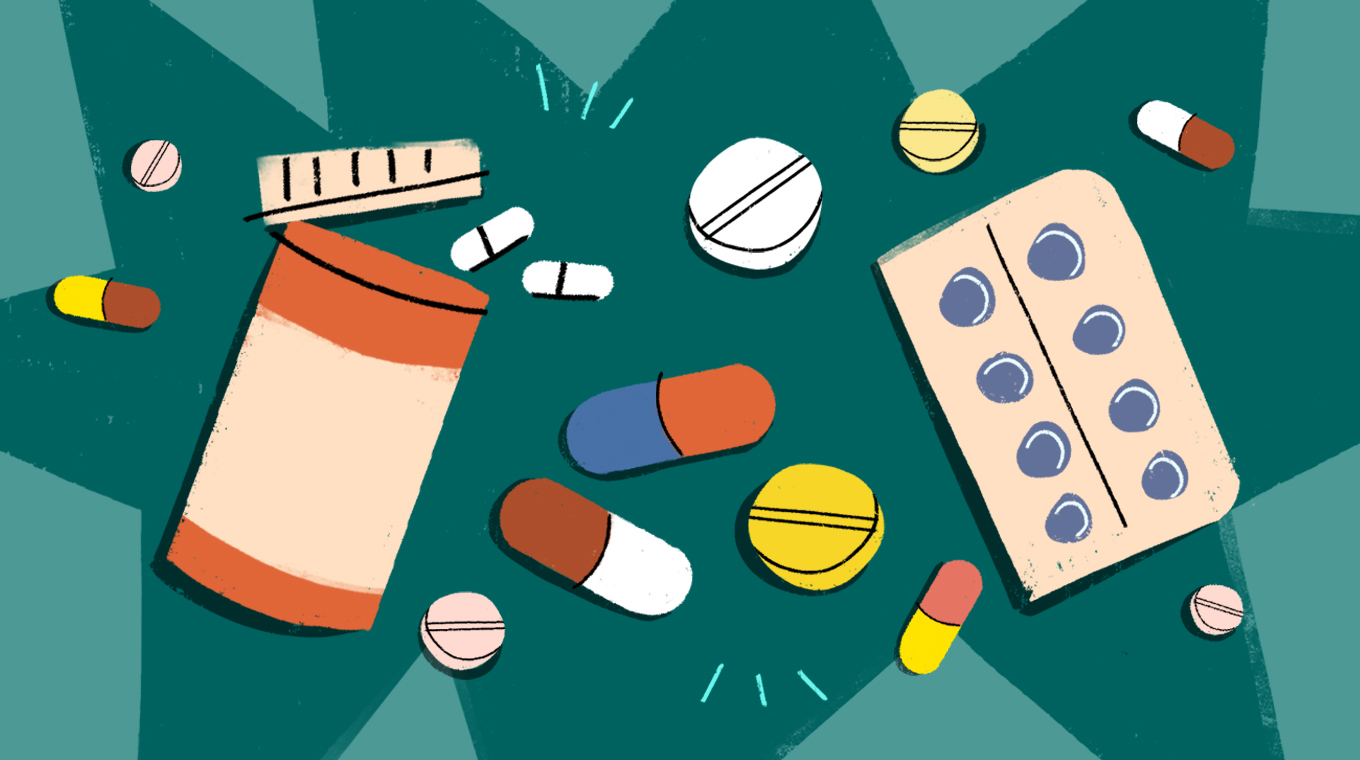
You might have a higher risk of developing ovarian cysts if you are using a medication that impacts your hormone levels. Women who uses hormonal birth control, or are undergoing fertility treatments or hormone replacement therapy should pay close attention to their bodies.
Pregnancy, endometriosis, and pelvic infections can also trigger cysts.
When Are Ovarian Cysts Dangerous?
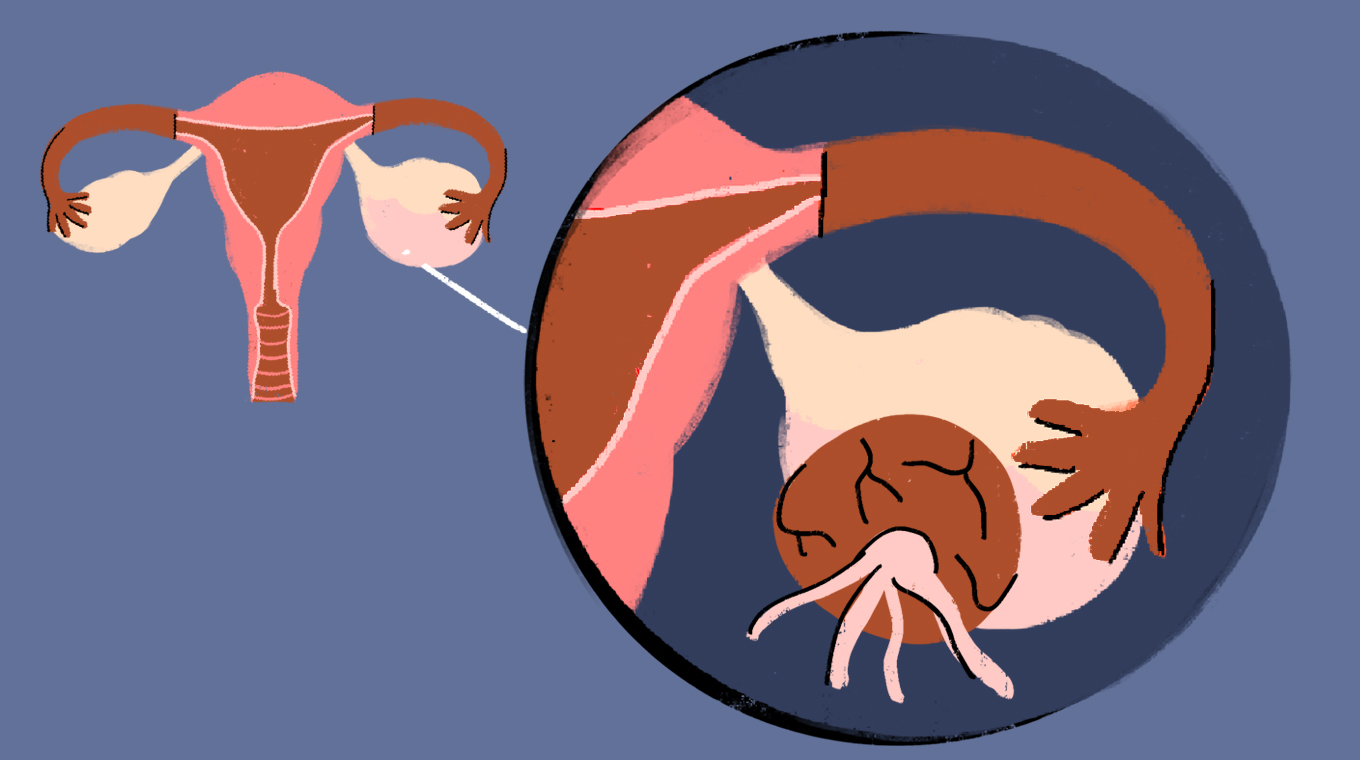
So, if most cysts don't cause pain and are harmless, why are they something we need to worry about?
Well, some ovarian cysts can cause very serious symptoms, especially if they rupture or cause ovarian torsion.
Ovarian Cyst Rupture
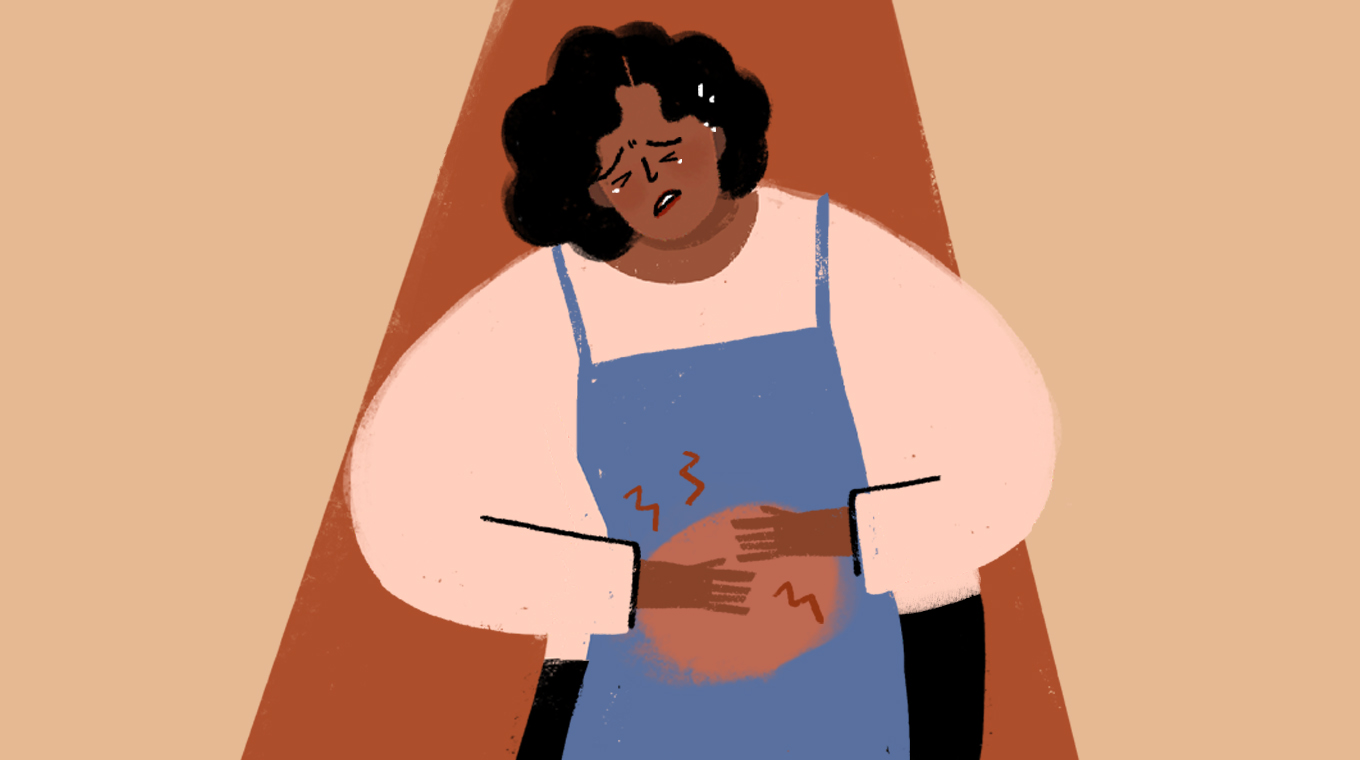
Technically, all menstruating women experience a ruptured cyst once a month, because that's how the body pushes an egg from the ovaries into the fallopian tubes.
Usually, these small monthly ruptures have no symptoms, though some women report mild pain. However, if a larger ovarian cyst ruptures, it can lead to severe abdominal pain.
Ovarian Torsion
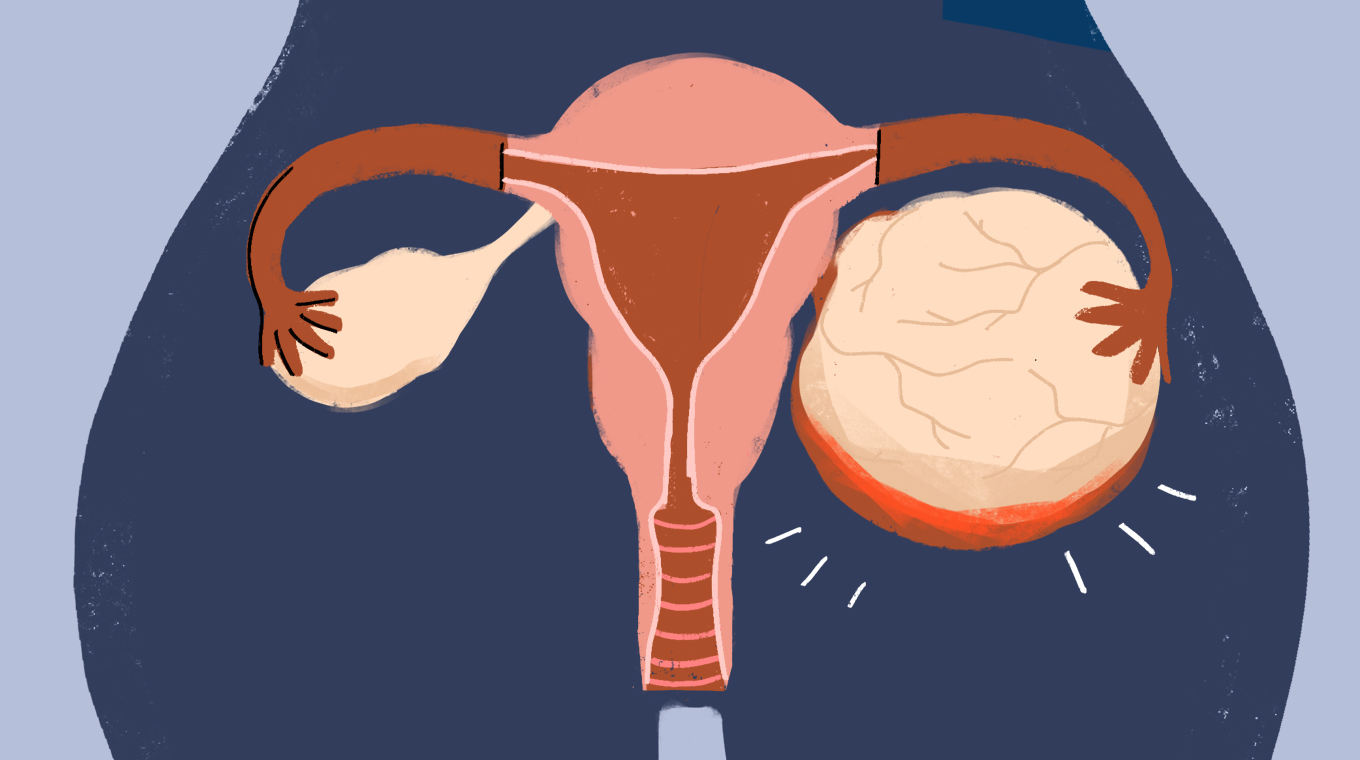
Ovarian torsion is a serious medical condition that usually develops when an ovarian cyst grows large enough to weigh down the ovary.
The weight of the cyst tugs the ovary, twisting the fallopian tube and potentially cutting off blood flow to the reproductive system. If left untreated, ovarian torsion can cause fertility problems.
Common Symptoms Of Ovarian Cysts Symptom #1: Pelvic Pain
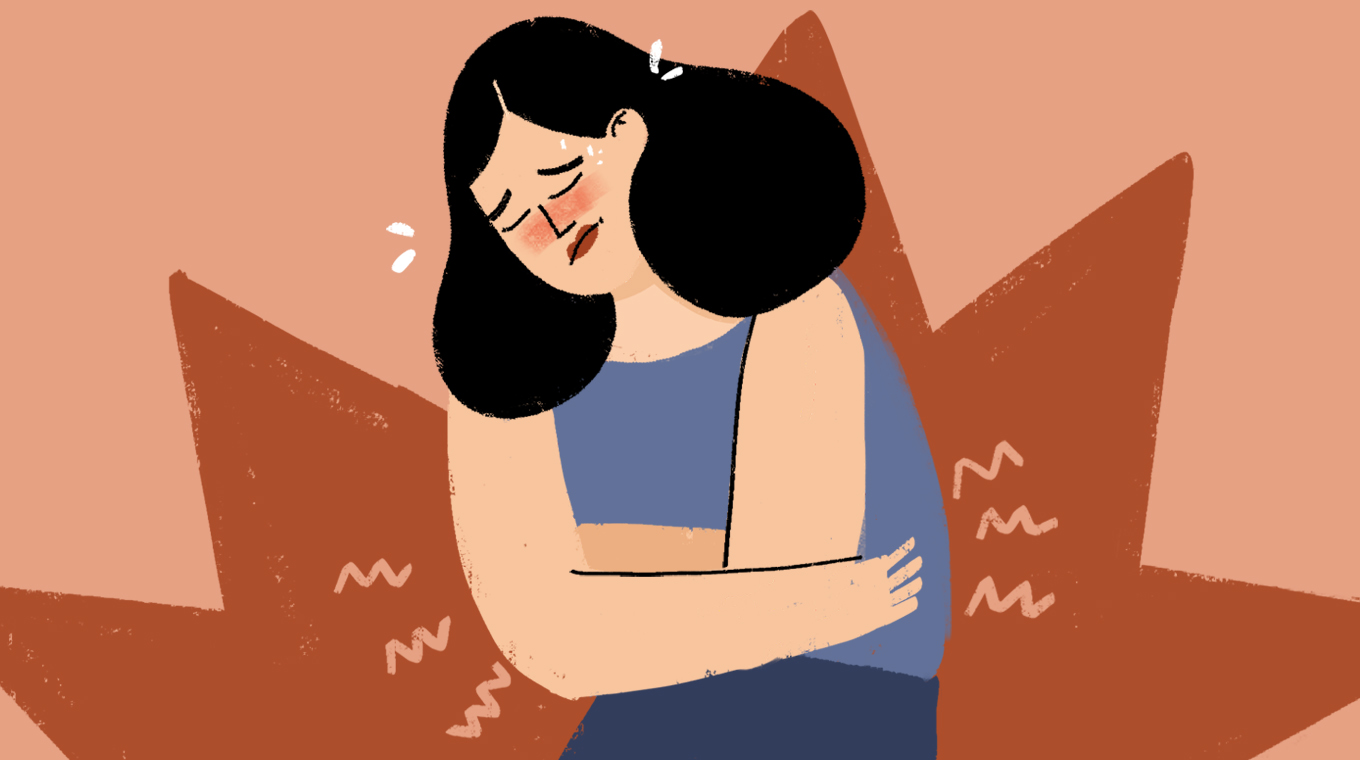
Since most ovarian cysts are small, they often don't cause any symptoms at all.
Larger ones do sometimes exhibit symptoms. One of the more common symptoms is pelvic/abdominal pain, usually on the side where the cyst is.
Symptom #2: Bloating And Swelling
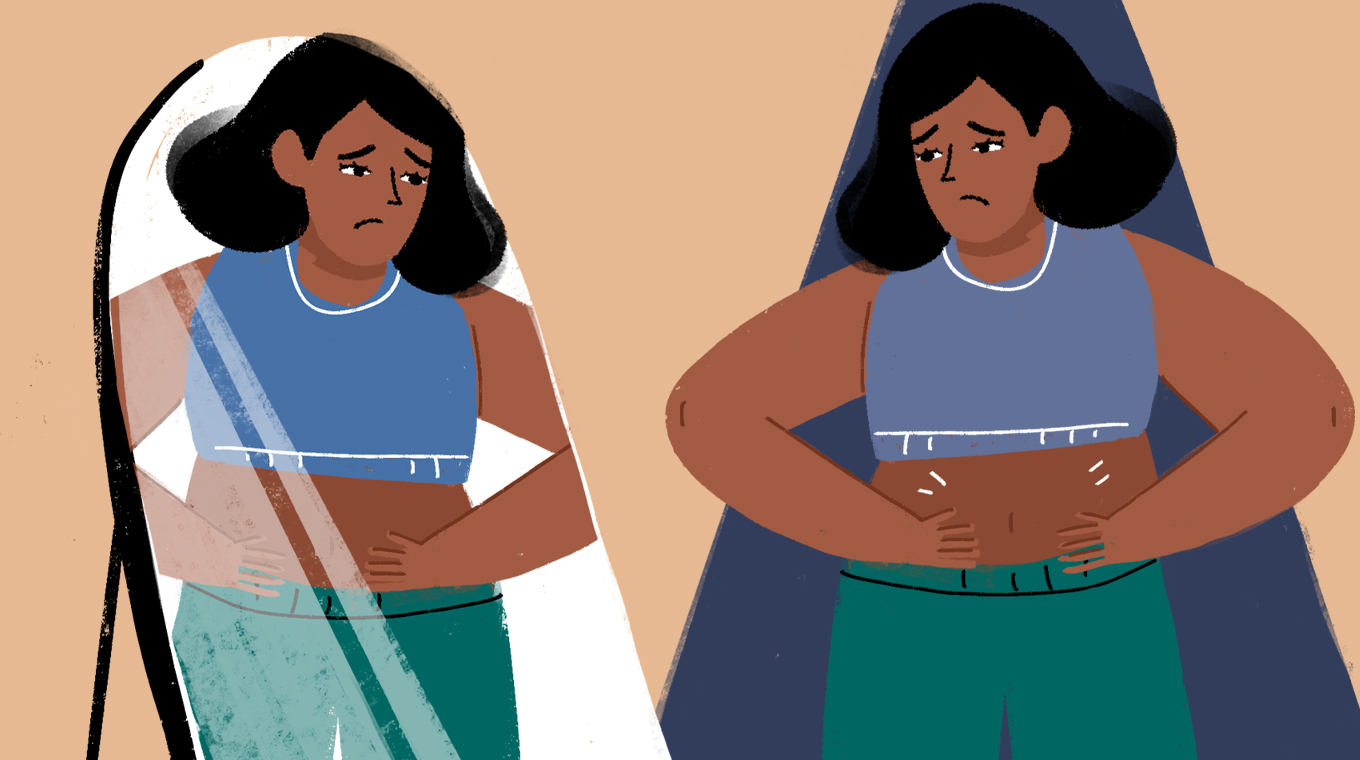
Another common symptom of ovarian cysts is bloating or swelling.
Most of us get bloated from time to time, but if it's not caused by food, it could be a symptom of cysts.
Symptom #3: Abdominal Heaviness Or Fullness
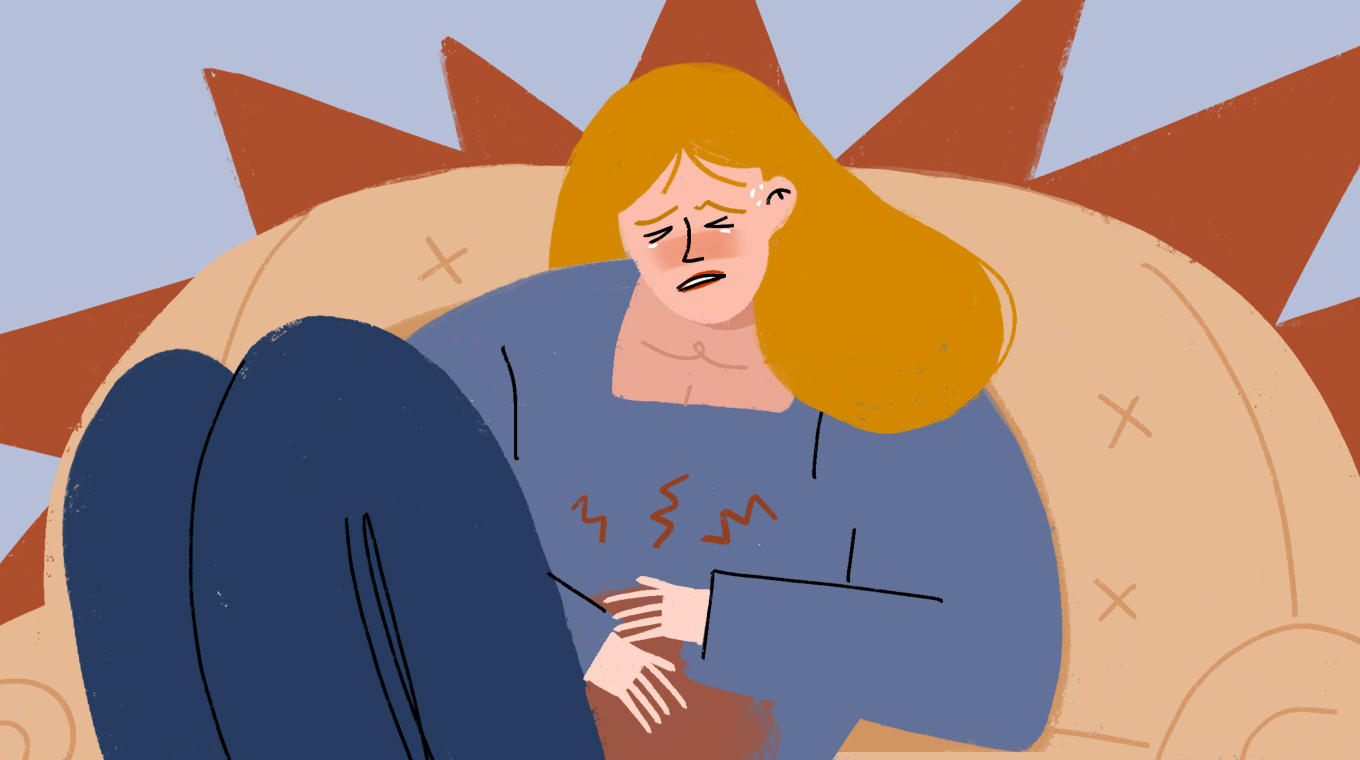
If you have a larger ovarian cyst, it could make your abdomen or pelvic area feel full or heavy.
This feeling of fullness won't go away if you use the bathroom.
Less Common Symptoms Of Ovarian Cysts Symptom #4: Pain In Other Parts Of The Body
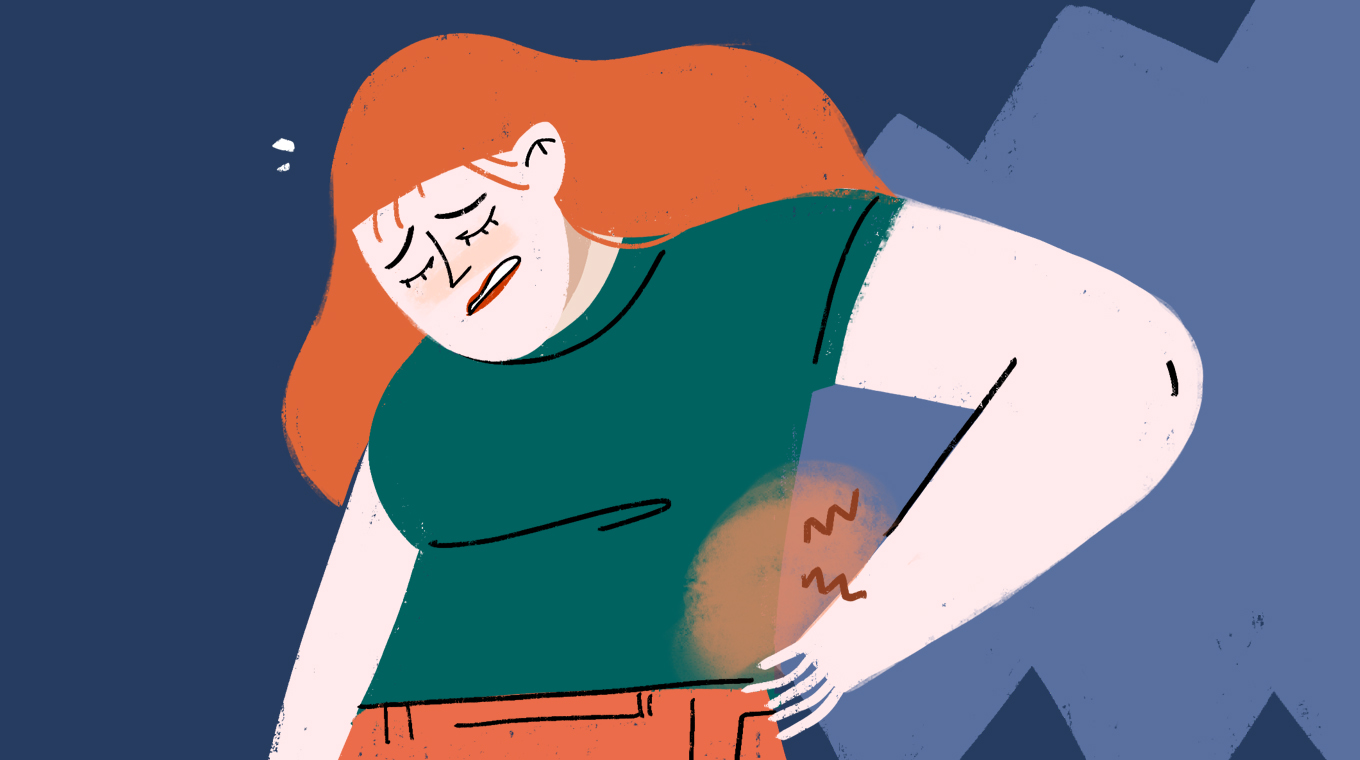
The Office on Women's Health explains that ovarian cysts may also cause some other symptoms, including pain in other parts of your body.
Ovarian cysts can cause breast tenderness, and an aching pain in the thighs and lower back.
Symptom #5: Problems Urinating And Defecating
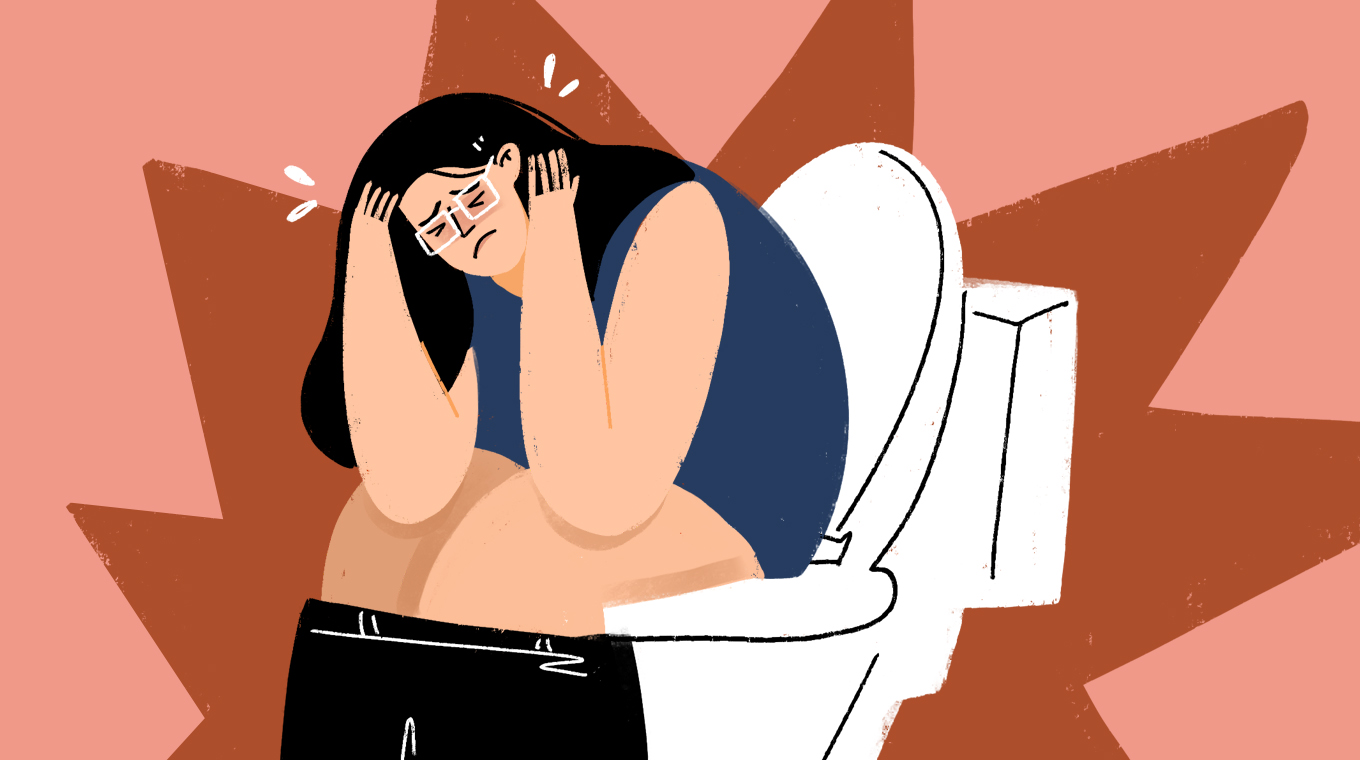
Another symptom, which some women might find embarrassing, is difficulty emptying the bowel or bladder completely.
Women with ovarian cysts may also feel the need to urinate more often than usual.
Symptom #6: Vaginal Conditions
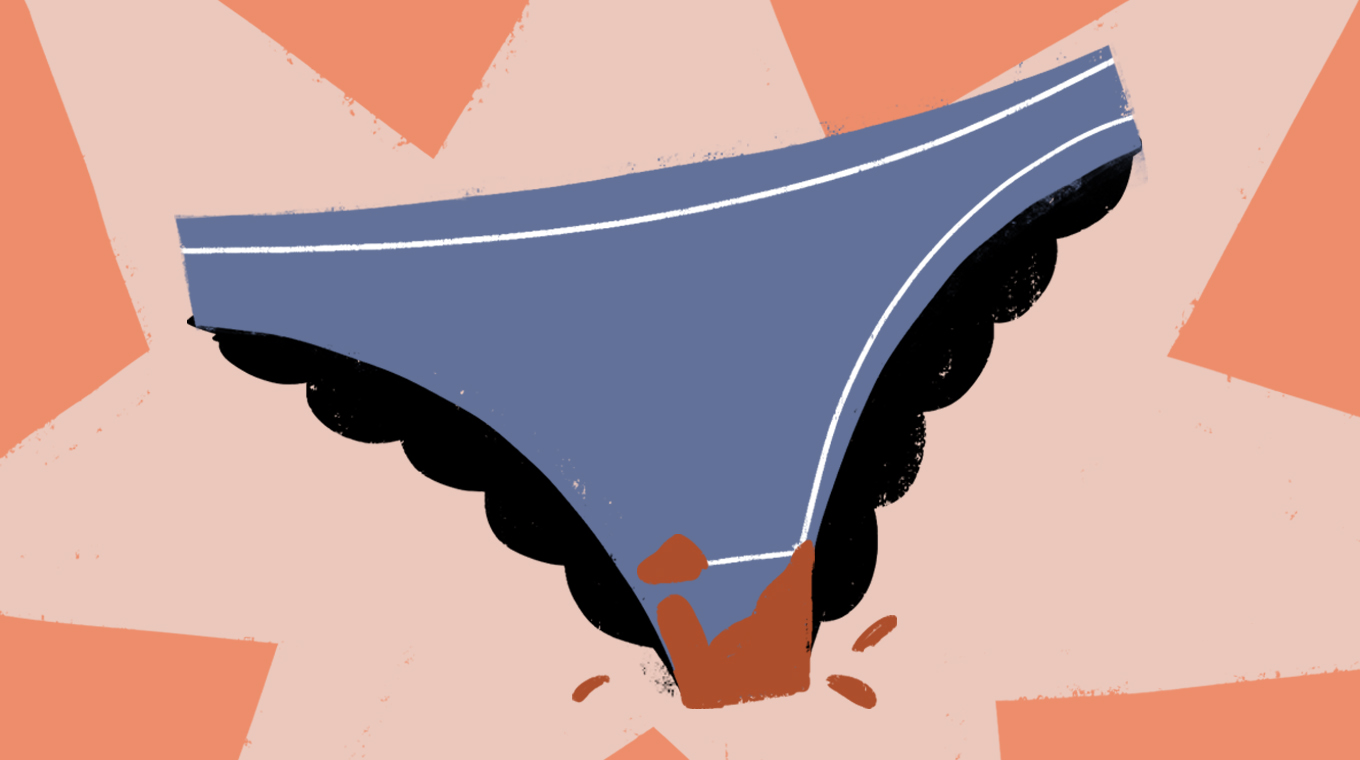
Finally, other uncommon symptoms involve the vagina.
These symptoms include pain during your period, pain during sex, and unusual bleeding.
When To See A Doctor
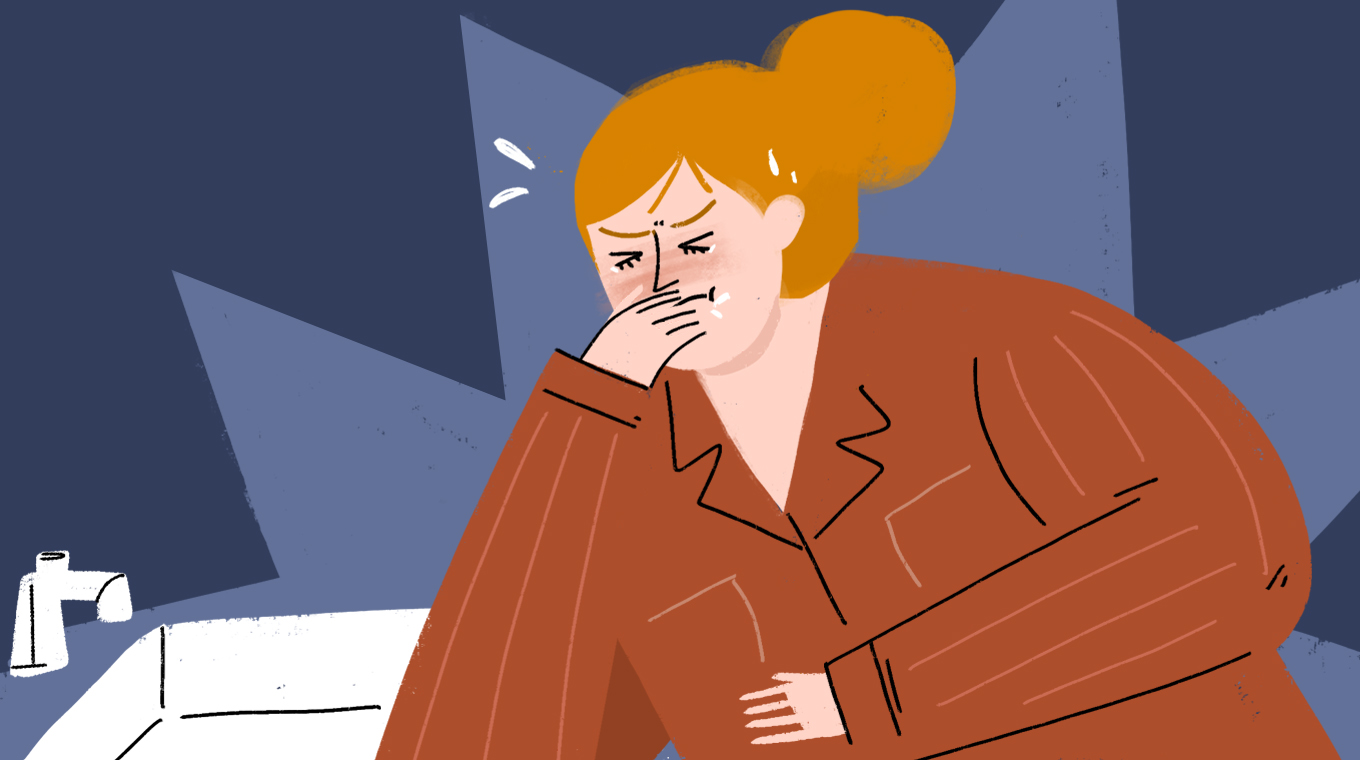
If you experience any of the above symptoms, it's worthwhile to bring it up with your doctor.
Once in a while, ovarian cysts can pose a medical emergency. If you experience any of the following symptoms, seek immediate medical care:
- rapid breathing
- weakness, faintness, or dizziness
- sudden and severe abdominal pain
- abdominal pain accompanied by fever and vomiting
Please SHARE this article with any women you know who would find this information valuable!




